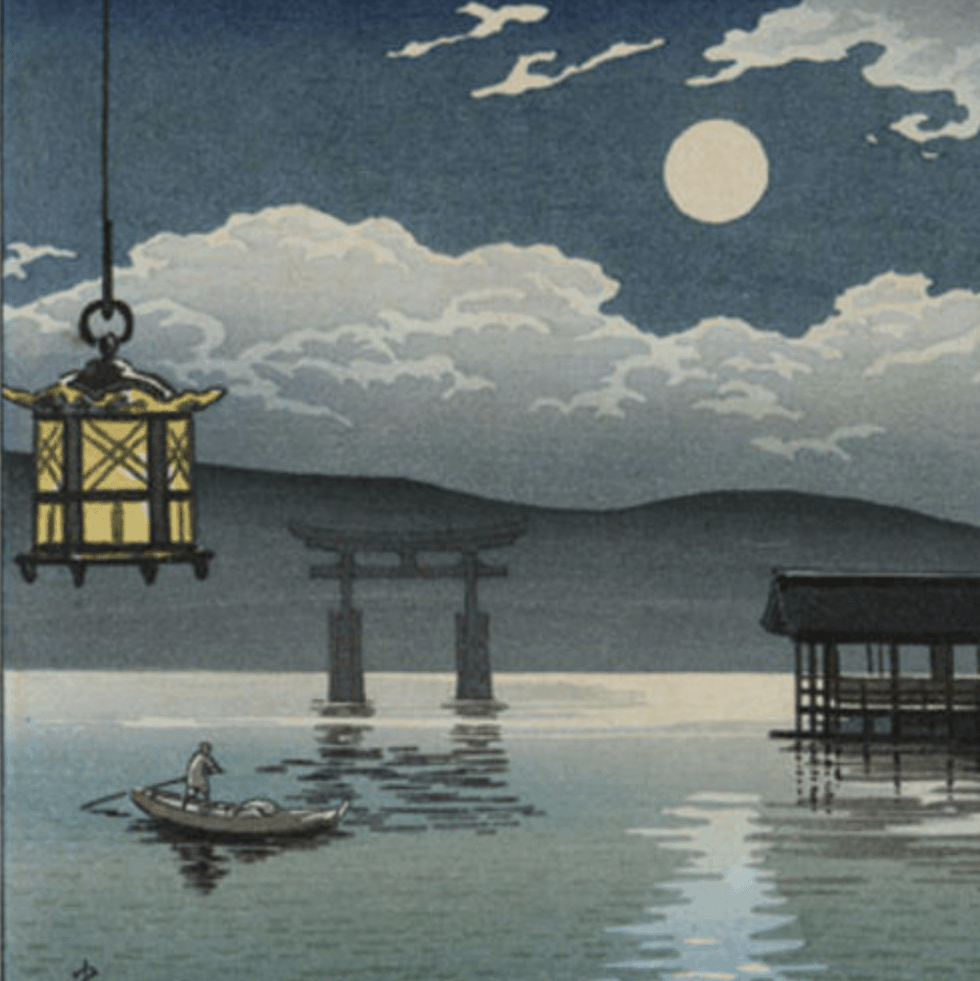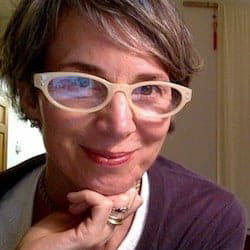
We are trained to know a lot about a person from looking and touching. And while we have our “10 questions” or other interviewing checklists, there is a lot that comes from the interview and relationship with the patient that can help us to better understand them and hopefully be of service to them as well.
In this conversation we take a look into how the connection we cultivate with our patients can help not only to inform our clinical thinking and treatment, but become an essential part of the therapeutic process as well.
Listen in for a discussion on the importance of rapport, why judging our patients is not helpful (but we do it all the time), the power of gaining comfort with uncertainty, and a few gems from the Simple Questions.
Notice your mind and be true. Have full confidence in this awesome medicine and love’s claim on us.

Margot Rossi
It’s not an exaggeration to say that Eastern medicine and philosophy saved my life. They have rocked my world for over thirty years. Along the way, here and in China, I’ve learned much from remarkable teachers, including my family, peers, patients and students. My mission is to share that bounty of wisdom with my community.
In private practice, I see myself primarily as an educator, aka wizard of possibilities. Creating a clinic environment conducive to learning and being a neutral sounding board, I use the interview process as my main modality for diagnosis and treatment. Patients and I explore the fabric of reality and build an awareness of experience and perceptions. Along with mindfulness, using nature’s systems to understand ourselves helps us feel right at home and capable of shifting with self-compassion, confidence and resourcefulness.
Another essential in my repertoire is movement therapy—either Dao Yin or yoga. I find mindful movement and breathing can influence all issues regardless of where they’re housed, just like water can flow in places nothing else can or wants to go. This medicine keeps reminding me: there is wonder here, simply awaiting our presence.
Say hello to Margot over at margotrossi.com
Margot is the Program Director for Home Remedies: Community Options Addressing Pain and Stress
She draws a lot of inspiration from Jade Purity
Here’s a little rift on the characteristics of water from the Qiological Newsletter.
In the show we got into a discussion, and developed some curiosity around the differences between death and perishing.
Here’s a line from the Ling Shu on the Nine Needles and Twelve Sources as translated by Sabine Wilms.
令終而不滅,久而不絕,易用難忘,為之經紀。
To allow to come to the end without ever perishing, to make it last long without being cut off, to make it easy to use and yet difficult to forget, [I must] give guidelines and principles.
The Classic of the Virtuous Way chapter eight has this to say about the nature of water.
And this to say about death and perishing
But I’m rather fond of Ursula k LeGuin’s take on chapter 33—
Knowing other people is intelligence,
knowing yourself is wisdom.
Overcoming other takes strength,
overcoming yourself takes greatness.
Contentment is wealth.
Boldly pushing forward takes resolution.
Staying put keeps you in position.
To live till you die
is to live long enough.
A note from Margot on the use of Kidney 8, Exchange Belief & Kidney 7, Returning Current
I mentioned these as an example of points for trusting oneself. I won’t use both at same time; the choice depends on what seems to be driving lack of self trust: lack of faith as a virtue of Earth, lack of a sense of containment, exchange and communion with others(K8);
or loss of connection to internal or external resources or loss of resources (K7). Who made that stuff up ( a goobledygock of JR, Jeffrey, me)? I don’t know if it’s real, but, again, works for me!
And finally, as promised at the very end of the show— Margot’s completely authentic Sugo di Carne recipe. 好吃了啦!